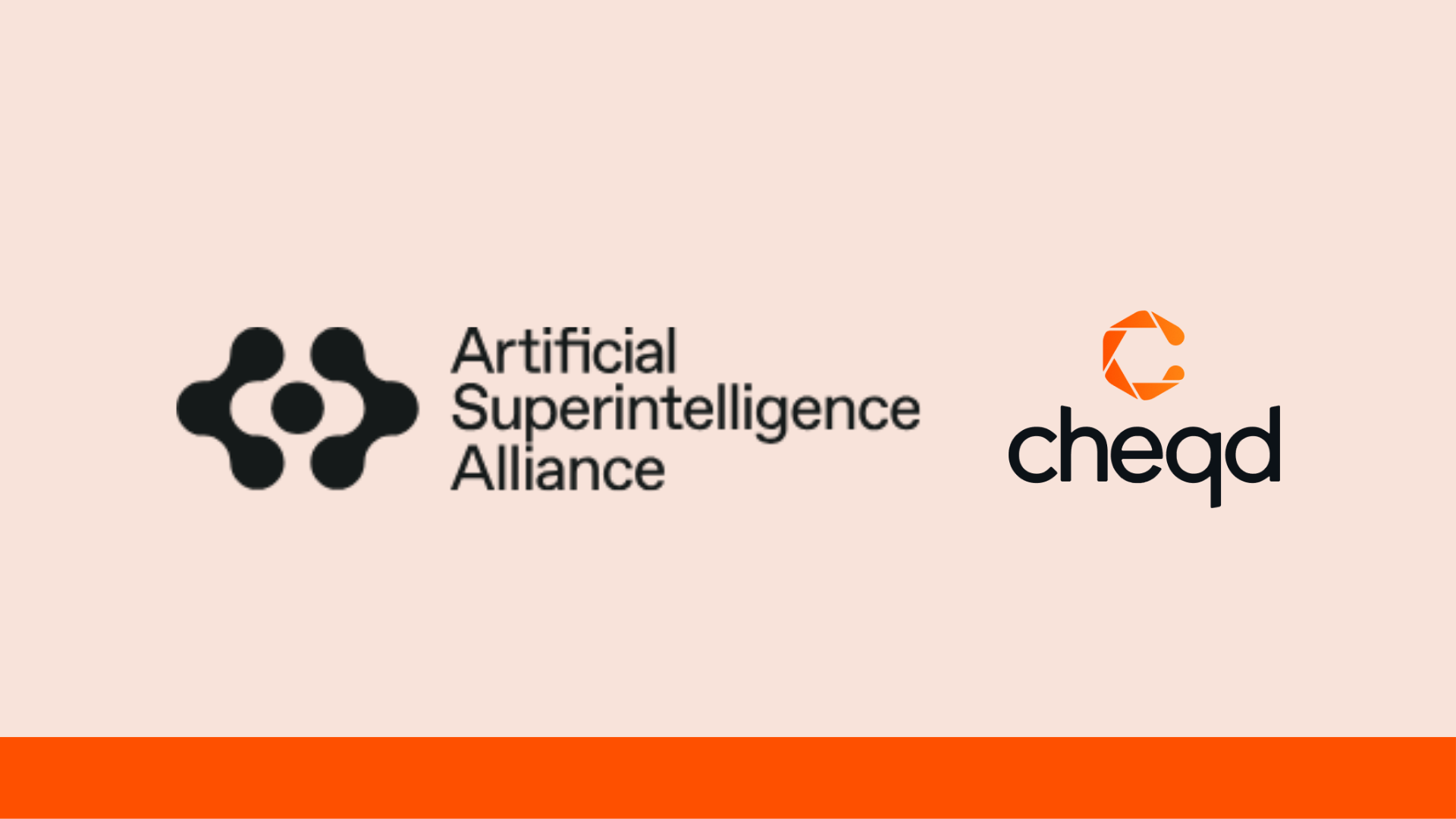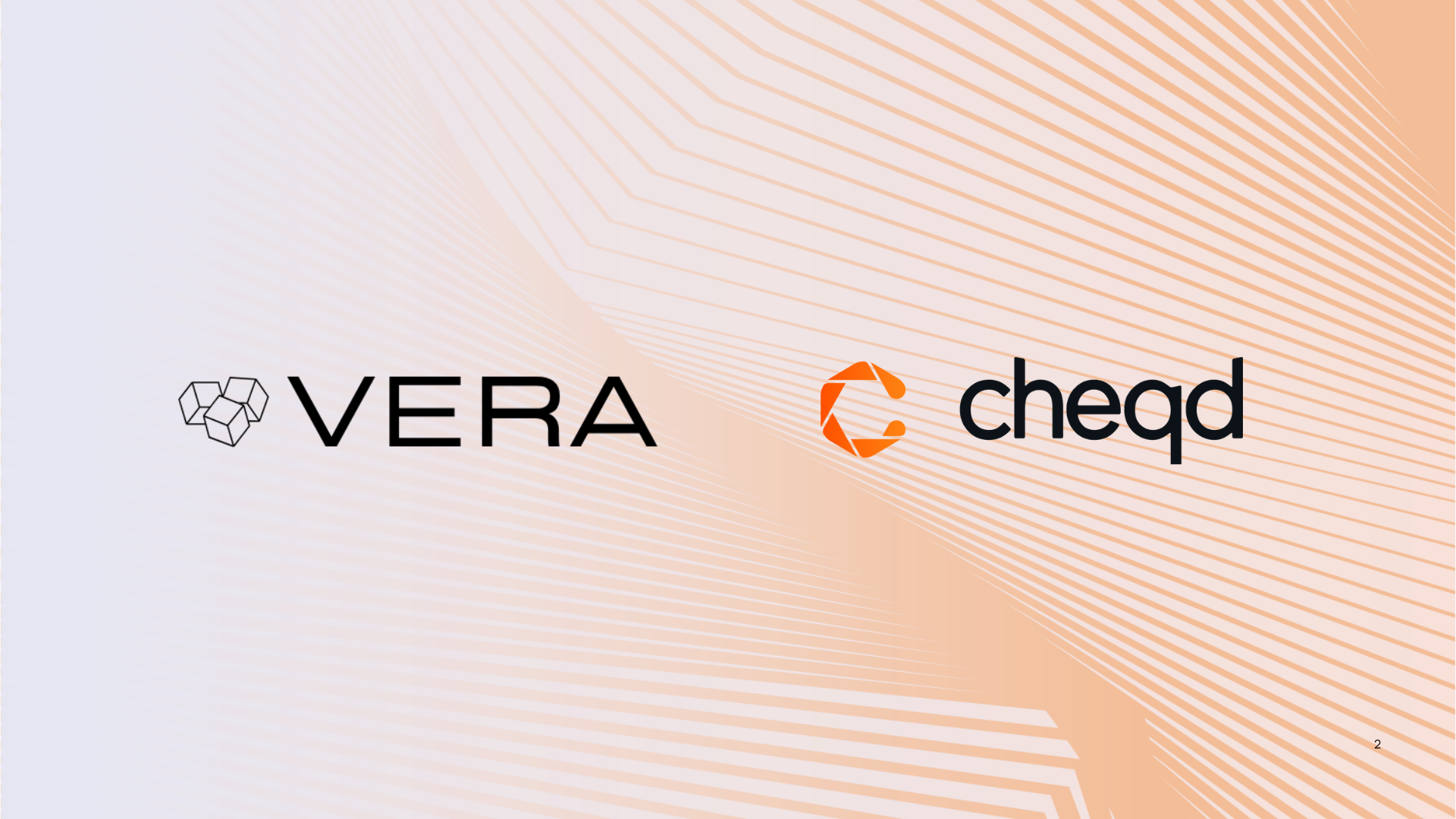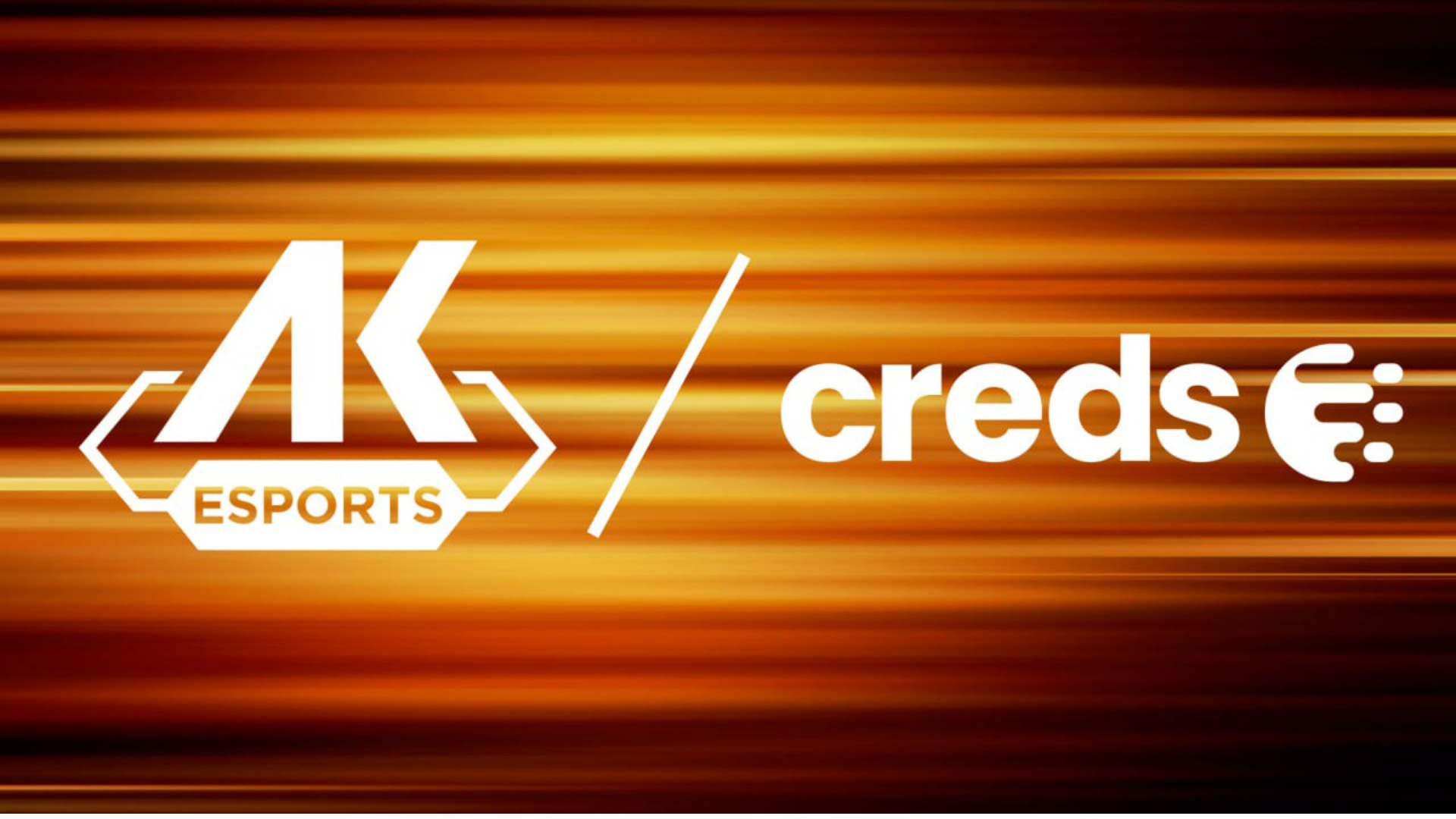cheqd Foundation Delegation Programme 2023
Introduction
GM cheqmates 👋 Since the turn of the year, we’re beginning to see the cheqd ecosystem flourish: our ecosystem partners are beginning to integrate our tools, clients are kickstarting Trusted Data markets, and we’re all getting our boots fitted!
To continue building momentum and encourage further innovation on top of cheqd, we are announcing our cheqd Foundation Delegation programme. This programme is intended to:
- Reward Validators that build with and alongside cheqd, incentivising innovation and collaboration;
- Develop closer relationships between our Validator ecosystem and the cheqd Delegator community;
- Increase network decentralisation and Entropy in line with our Governance Framework;
- Bolster the health and security of the cheqd Validator set with greater incentives for node maintenance, engagement and expansion.
By rewarding contributors to the cheqd network and good network maintenance, the purpose is to create a virtuous cycle, where constructive participation in the network leads to higher rewards, which in turn encourages further participation.
Amounts
We are setting aside a Delegation Pool of up to 150 million CHEQ tokens which may be delegated to Validators that help positively contribute to the cheqd ecosystem.
The range of delegation per Validator is expected to be between four million and 40 million CHEQ based on the eligibility and criteria set out below.
By introducing tokens from the cheqd treasury into the active pool through delegations, this may also, over time, increase the percentage of “bonded” tokens above the “Goal Bonded” of 60%. This would begin to reduce inflation, similar to what is currently occurring with the Cosmos Hub. Currently, it would be very difficult for the community to achieve the “Goal Bonded” given the amount of tokens held by the treasury and not delegated into the active pool. Therefore, we see this as an opportunity for the cheqd community to have more determination over the network inflation tokenomics, specifically with regards to the headline inflation rate (currently at 4%).
Eligibility
All entities are eligible to apply aside from those from sanctioned countries (North Korea, Iran, Syria, Zimbabwe, Belarus, Myanmar, Russia, Sudan, Venezuela, Cuba, Libya, Yemen, Somalia).
Validators who have already received a cheqd Treasury delegation are still eligible, and applications would be reviewed as an increase from their existing Treasury Delegation.
Any validator in receipt of a Treasury Delegation who is either slashed or tombstoned will likely cease to be eligible for the Delegation, which will be removed unless sufficient justification/explanation is provided.
Criteria
To be considered for the cheqd delegation programme, Validators must actively contribute to the growth of the cheqd ecosystem. Contributions can be made in at least one of the following areas:
Technical:
- Contributions to cheqd’s identity functionality: Validators who have contributed to cheqd’s existing identity functionality, such as SDKs, DID method, DID resolver, DID-Linked Resources, are given preference in the delegation programme.
- Building on top of cheqd’s identity functionality: Validators who have built applications or services that complement cheqd’s identity functionality, such as wallets and credential storage.
- Use of cheqd’s identity functionality: Validators who use cheqd’s identity functionality in their operations, such as utilising cheqd’s SDKs for Verifiable Credentials or creds.xyz. Use of cheqd’s identity functionality also burns $CHEQ tokens from supply and, therefore may be prioritised.
- Contributions or support with cheqd infrastructure: Validators who have supported or contributed to cheqd’s infrastructure, such as IBC relays, network indexing/explorer services, integrations into Dapps, UI or other Web3 or Cosmos functionality.
Community:
- Supporting other validators: Validators who support other validators by sharing knowledge, providing technical assistance, and collaborating on community initiatives.
- Creating educational content: Validators who create educational content, such as tutorials, guides, and video content, help to onboard new users to the cheqd ecosystem and promote its use and adoption.
- Building community: Validators who work to build community by organising events, hosting meetups, and fostering discussion and collaboration among users and validators.
- Onboarding delegators: Validators who actively work to onboard new delegators to the cheqd ecosystem help to grow and strengthen the network.
- Community Governance: Validators who have contributed to projects selected by a community vote or community pool spend are also given preference in the cheqd delegation programme
- Other initiatives: Validators who engage in other initiatives that help grow and engage the cheqd community, such as participating in hackathons, creating new tools and resources, and collaborating with other blockchain projects, are highly valued in the cheqd delegation programme. These initiatives demonstrate a commitment to the growth and sustainability of the cheqd ecosystem and help to position the network for long-term success.
Participation:
- History of participation: Validators who have a history of participating in both the cheqd mainnet and testnet are given preference in the delegation programme. This demonstrates a commitment to the network and a track record of supporting the ecosystem.
- Governance participation: Validators who have a record of governance participation, such as voting on proposals and engaging in discussions about network upgrades and improvements, are also given preference in the delegation programme. This demonstrates a willingness to engage in the governance process and contribute to the decision-making that shapes the network’s future.
- Communication and transparency: Validators who prioritise communication and transparency with their delegators are highly valued in the delegation programme. This includes providing regular updates about network performance, sharing technical details about the node’s operation, and being responsive to questions and concerns from delegators.
- Jailed Validators: If a Validator has been jailed, meaning they have not been able to validate on cheqd due to financial reasons or otherwise, they may still be considered for delegation. However, they must demonstrate a commitment to maintaining the health of their node, even if they are not able to actively participate in validation. This could include keeping the software up-to-date, monitoring the node’s health, and taking steps to address any issues that arise.
Reputation:
- Validators with a strong uptime record, which avoid slashing events, and run up-to-date software on cheqd.
- Validators with a strong record of running Validators across other top networks with healthy maintenance and uptime.
- Of course, any Validator that can provide Creds attesting to this will be viewed more favourably!
Duration & process
The delegation programme will be in effect for an entire year from the date of the blog’s publication. During this time, eligible Validators can apply for a delegation from the pool of 150 million CHEQ tokens.
The application window will be open for a full two months, giving Validators ample time to submit their applications for consideration.
Two months before the programme is set to end, another application process will be opened for the subsequent year. This provides a clear timeline for Validators to apply for delegation and allows for a smooth transition between programme years. It also ensures that the delegation pool is being allocated efficiently and effectively to support the growth and development of the cheqd ecosystem over the long term.
The delegation process will begin as soon as the first applications are received and reviewed. However, it is important to note that delegations at the beginning of the programme, especially within the first month, may not be the final amount awarded.
If there are not enough eligible applications, or the quality of the applications is not sufficient, the application window may be extended for a certain period, possibly up to the duration of the programme. This ensures that the delegation pool is allocated to the most qualified and deserving Validators who will contribute to the growth and development of the cheqd ecosystem. It is recommended that Validators apply as early as possible to increase their chances of receiving a delegation, but they should also ensure that their application is of high quality and meets the eligibility criteria.
Key Dates + Timelines
- May 30 — application opens
- July 30 — application deadline for Cycle 1 delegations
- June — August — selected validator participants will be notified
Apply
To apply for the Delegation programme, you will need to fill out the application form below:






